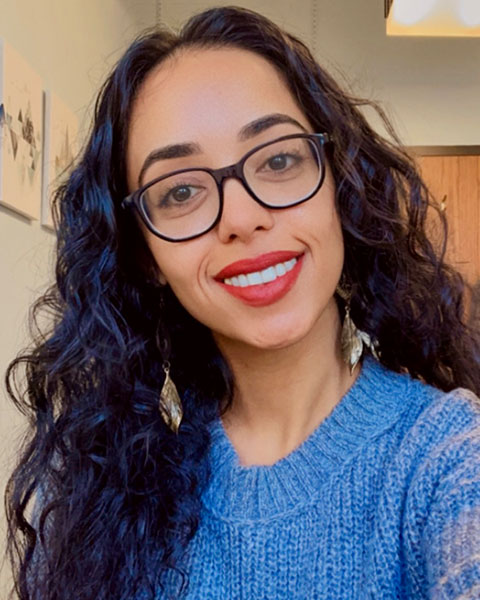Symposia
Vulnerable Populations
4 - (SYM 79) Developing an Equitable Intervention Approach for Communities of Color: Mental Health and Co-occurring Physical Health Concerns in the Context of the COVID-19 Pandemic
- MG
Manuel Gutierrez Chavez, B.S. (he/him/his)
Graduate Student
University of Utah
Salt Lake City, Utah 
Kiran Kaur, M.S.
Doctoral Candidate
University of Utah
Salt Lake City, Utah- KB
Katie J.W. Baucom, PhD (she/her/hers)
PI
University of Utah
salt lake city, Utah - AS
Ana C. Sanchez-Birkhead, PhD (she/her/hers)
Research Associate
University of Utah
Salt lake city, Utah - GS
Grant Sunada, PhD, MPH
Director & Health Officer
San Juan Public Health
blanding, Utah - VM
Valentine Mukundente
Community Health Worker
Best of Africa; Community Faces of Utah
Salt Lake City, Utah - FT
Fahina Tavake-Pasi, M.S.
Executive Director
National Tongan American Society; Community Faces of Utah
Salt Lake City, Utah - EE
Edwin Eru Napia, PhD
Former Program Director
Urban Indian Center of Salt Lake; Community Faces of Utah
Salt Lake City, Utah - JV
Jeannette Villalta, CHW
Community health Worker
Alliance Community Services
Murray, Utah .jpg)
Anu Asnaani, Ph.D.
Assistant Professor
University of Utah
Salt Lake City, Utah
Speaker(s)
Co-author(s)
The COVID-19 pandemic has exacerbated disparities in mental health treatment for people of color in the USA. Meeting the needs of those most burdened by this disparity will require swift and tactical action in partnership with these communities. The purpose of this presentation is to describe how a community-based participatory research approach was employed to assess the priorities and needs of four communities of color (African immigrant, Hispanic/Latino, Black/African American, and Pacific Islander) in a major U.S. city. A brief quantitative survey devised jointly by community leaders and the research team was deployed to community members (N = 59) in the fall of 2020. The most endorsed mental health issues across the communities were excessive worry (51%) and stress regarding COVID-19, racism, and immigration policies (49%). The most endorsed physical health concerns included sleep difficulties (44%), headaches, and backaches (each 39%). Physical symptoms predicted the endorsement of a mental health issue above and beyond COVID-19–related hardships, multiplying the odds of reporting an issue by 1.73 per physical health concern endorsed. Based on these findings, the community-research team conceptualized and proposed an evidence-based, effectiveness-implementation hybrid type-2 intervention approach for chronic worry and daily stress. This presentation highlights detail on how the community-research team arrived at the proposed multilevel intervention that addresses community-stated barriers to mental health treatment (e.g., preferring trusted health workers to deliver emotional health treatments) and considers the burden of the additional stressful context of COVID-19.

